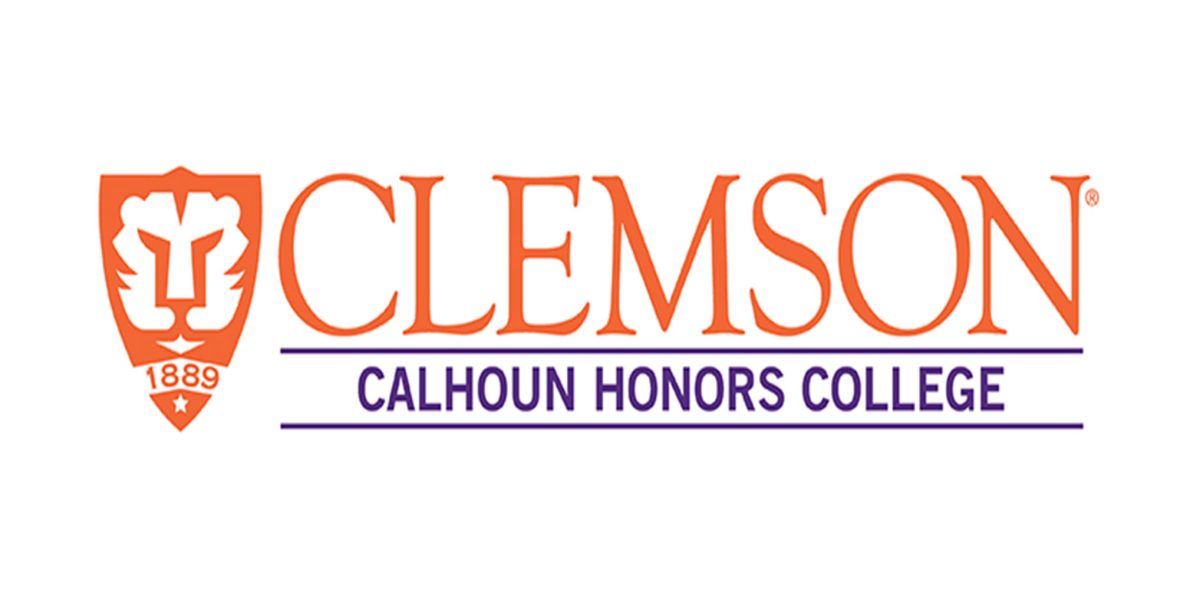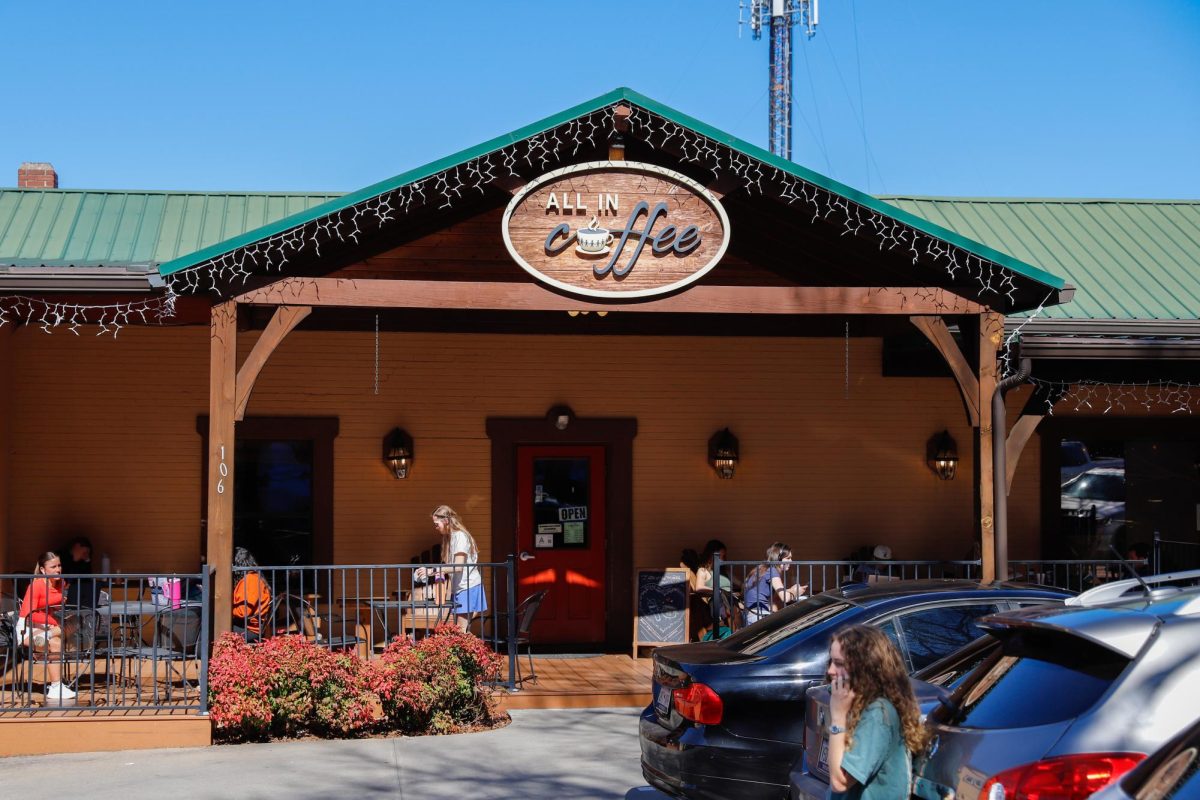Controversy surrounding the name of Clemson University’s Calhoun Honors College has resurfaced once again.
Students gathered for an event titled “Considering Calhoun: An Open Discussion About the Namesake of the Honors College” on April 24. The honors college is named after John C. Calhoun, a former U.S. Vice President whose son-in-law, Thomas Green Clemson, founded Clemson University.
According to an article from Campus Reform, a survey was sent out to students in the Honors College asking a series of questions about Calhoun after the event. Several students, who asked to remain anonymous, told Campus Reform that they felt like the survey contained “extremely leading questions” and that “it was clearly intended to evoke a specific outcome.”
The survey begins by asking students whether and not they had ever given “any thought to the namesake of the college: John C. Calhoun?”
It then follows up by noting that Calhoun “owned Fort Hill Plantation (slave holder), said that slavery was a ‘positive good,’ and supported the Nullification Doctrine (Secessionist)” and asks, “Do you think that this background is representative of the values of the Honors College?”
The next question informs students that “The Honors College was founded in 1961, and the name Calhoun was attached in ’82” and that the name “was only added later on because of marketing reasons.” It then asks students whether or not they were aware of this, and if they “think the Calhoun name is good marketing for Clemson in 2017.”
The final questions asks student if they think Calhoun’s name should be kept or removed, although it does not offer any potential replacements.
The survey was sent out by William Lasser, executive director of the Calhoun Honors College, but was developed by a group of anonymous honors students, according to Campus Reform.
Lasser told Campus Reform that “There has been a lot of scattered conversation about the name of the Honors College, especially since Yale University decided a few months ago to change the name of their Calhoun College.”
In February, Yale renamed its Calhoun College, one of 12 undergraduate residential colleges, to honor Grace Murray Hopper, who graduated from Yale with an M.A. in 1930 and a Ph.D. in 1934.
Lasser told Campus Reform that “there are no current plans to change the name of the College” and that “it’s not completely clear who would have the authority to make such a change.” He did, however, note that “certainly the Board of Trustees could do so if they wanted.”
While the board has not commented on this matter yet, they did comment on a similar situation regarding the controversy of Tillman Hall in 2015.
That statement said in part, “We believe that other, more meaningful, initiatives should be implemented that will have more of an impact on the diversity of our campus than this symbolic gesture. Every great institution is built by imperfect craftsmen. Stone by stone they add to the foundation so that over many, many generations, we get a variety of stones. And so it is with Clemson. Some of our historical stones are rough and even unpleasant to look at. But they are ours and denying them as part of our history does not make them any less so. For that reason, we will not change the name of our historical buildings.”
“Part of knowledge is to know and understand history so you learn from it. Clemson is a strong, diverse university in which all of us can be proud. That is today’s and tomorrow’s reality and that is where all our energy is focused. To that end, the Board recognizes there is more work to be done.”
Categories:
Dialogue surrounding potential Calhoun Honors name change brings disagreement
Katie McCarthy, News Editor
May 3, 2017
0
Donate to The Tiger
Your donation will support the student journalists of Clemson University. Your contribution will allow us to purchase equipment and cover our annual website hosting costs.
More to Discover









